Differences between SQL and NoSQL
1.Language
SQL databases: SQL databases use structured query language (SQL) for defining and manipulating data. This is extremely powerful: SQL is one of the most many-sided and widely-used options available, making it a safe choice and especially great for complex queries. But it can be restrictive. SQL requires that you use predefined schemas to determine the structure of your data before you work with it. Plus all of your data must follow the same structure. This can require significant up-front preparation.
NoSQL databases: NoSQL databases, have dynamic schemas for unstructured data, and data is stored in many ways: They can be column-oriented, document-oriented, graph-based or organized as a KeyValue store. This flexibility means that:
- You can create documents without having to first define their structure
- Each document can have its own unique structure
- The syntax can vary from database to database
- You can add fields as you go.
2.Scalability
SQL databases are vertically scalable, which means that you can increase the load on a single server by increasing things like CPU, RAM or SSD. NoSQL databases are horizontally scalable. This means that you handle more traffic by sharding, or adding more servers in your NoSQL database. It’s like adding more floors to the same building versus adding more buildings to the neighborhood. The latter can ultimately become larger and more powerful, making NoSQL databases the preferred choice for large or ever-changing data sets.
3.Data Structure
SQL databases are table-based, while NoSQL databases are either document-based, key-value pairs, graph databases or wide-column stores. This makes relational SQL databases a better option for applications that require multi-row transactions or for legacy systems that were built for a relational structure.
Some examples of SQL databases include MySQL, Oracle, PostgreSQL, and Microsoft SQL Server. NoSQL database examples include MongoDB, BigTable, Redis, RavenDB Cassandra, HBase, Neo4j and CouchDB.
4.Schema Design
A schema refers to the blueprint of a database, how data is organized. The schema of an SQL database and a NoSQL database is different.
This difference in schema makes relational SQL databases a better option for applications that require multi-row transactions such as legacy systems that were built for a relational structure. However, NoSQL databases are much better suited for big data as flexibility is an important requirement which is fulfilled by their dynamic schema.
5.Community
SQL is a mature technology and there are many experienced developers who understand it. Also, great support is available for all SQL databases from their vendors. There are even a lot of independent consultants who can help with the SQL database for very large scale deployments.
On the other hand, NoSQL is comparatively new and so some NoSQL databases are reliant on community support. Also, only limited outside experts are available for setting up and deploying large scale NoSQL deployments.


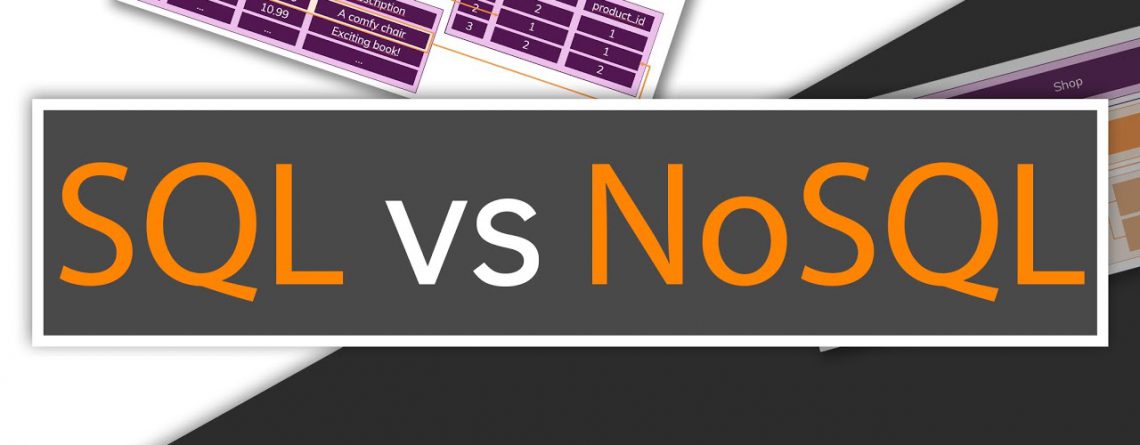


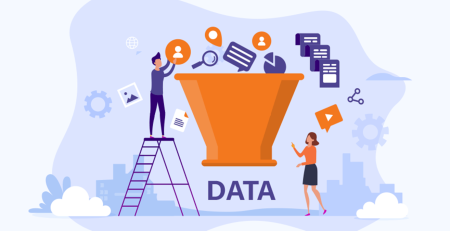
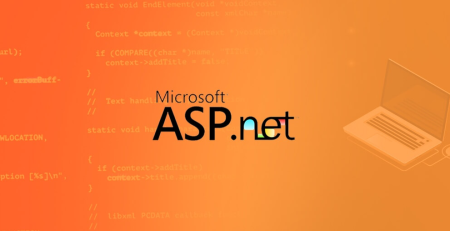
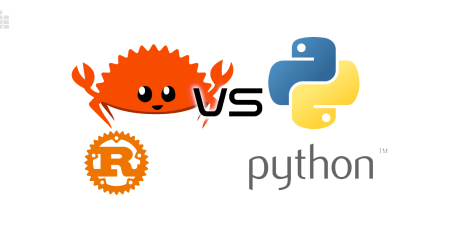
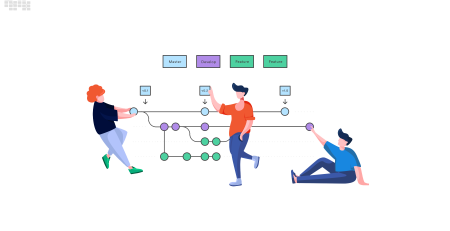


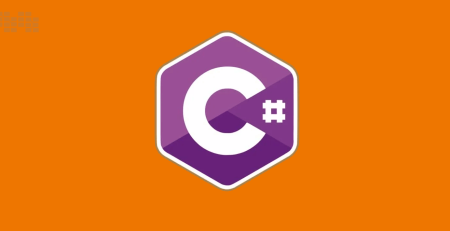
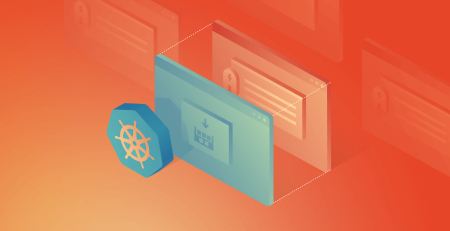
Comments (12)
Thanks to my father who informed me regarding this web site, this blog is genuinely amazing.
Hello! I know this is somewhat off topic but I was wondering if you knew where I could locate a captcha plugin for my comment form? I’m using the same blog platform as yours and I’m having difficulty finding one? Thanks a lot!
This is my first time pay a quick visit at here and i am in fact happy to read everthing at one place.
Hi, always I used to check website posts here in the early hours in the break of day, as I enjoy to learn more and more.
Just desire to say your article is as astonishing. The clarity for your publish is simply nice and that i could suppose you are knowledgeable in this subject. Well along with your permission allow me to take hold of your RSS feed to stay up to date with forthcoming post. Thanks a million and please continue the enjoyable work.
What’s up, I check your blog daily. Your writing style is witty, keep doing what you’re doing!
It agree, the remarkable information
I truly appreciate this post. Much thanks again. Really Great.
Thanks a lot for the blog post. Thanks Again. Fantastic.
Very informative comparison of SQL vs NoSQL databases in this fantastic blog post! Anyone involved in data management, web development, or application design must understand the distinctions between these two categories of databases.
Hey, thanks for the blog. Keep writing.
I really like and appreciate your blog post. Great.